The ocean absorbs the extra carbon dioxide we emit into the atmosphere when we burn fossil fuels, like coal, oil, and natural gas, and that changes the chemistry of the ocean. We call this “ocean acidification.” The change in chemistry is reducing the amount of calcium carbonate in the ocean. Just as humans need calcium to build their bones, sea creatures need calcium carbonate to build strong skeletons and shells. Ocean acidification changes the chemistry of the ocean and causes “osteoporosis of the sea,” which prevents animals at the bottom of the food chain from building and maintaining the protective shells they need to survive.
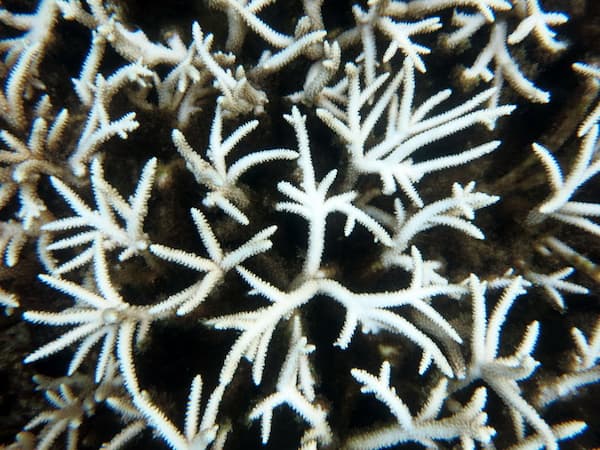
Ocean acidification is a complex issue that is being studied and addressed from several viewpoints, in various locations, and for different issues. Within the sanctuary system, sanctuary sites across the country and United States territories are studying how this change in ocean chemistry will and already is affecting their sites. Some sites are being hit harder than others at the moment, but all are studying and preparing for what is to come.
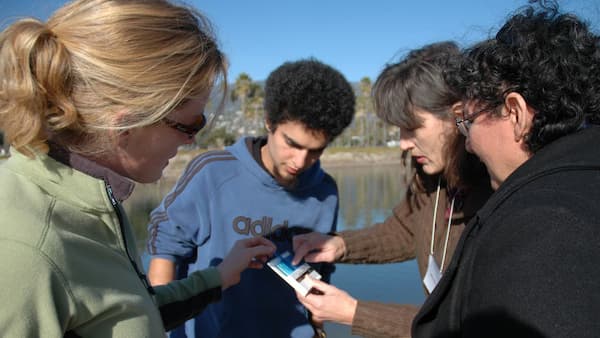
This collection of lesson plans and engaging activities can be utilized by teachers and educators of various grade levels, youth organizations, and others to educate students and young people about ocean acidification. Explore this issue through case studies, activity books, interactive stories, and more.

In celebration of the 50th anniversary of the National Marine Sanctuary System, the best of the best educational materials for an elementary school audience have been compiled in collaboration with the National Park Trust. This resource is specifically designed to address ocean acidification.
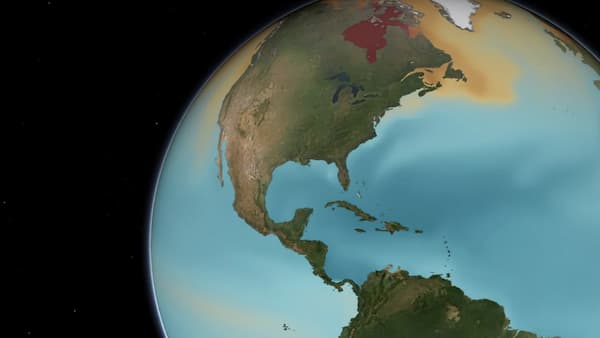
The National Marine Sanctuaries Webinar Series is a beneficial resource to educators, communicators, students, and the general public interested in ocean conservation and the sanctuary system at large. This assortment of webinars largely focus on ocean acidification through presentations centered around the basis of the problem, communication tools, specifics about species that will be and are being impacted, and more.
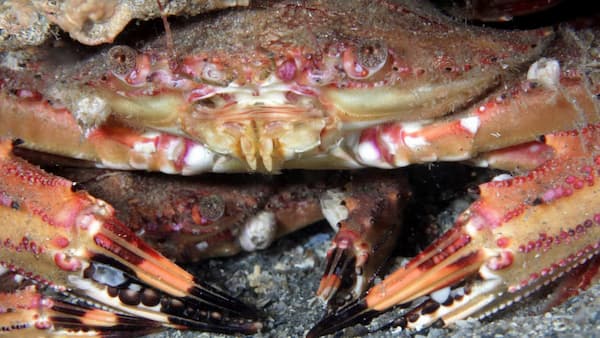
Watch videos that take you into the field to see how ocean acidification is affecting the National Marine Sanctuary System, species, and the marine environment as a whole from NOAA scientists, educators, and more.
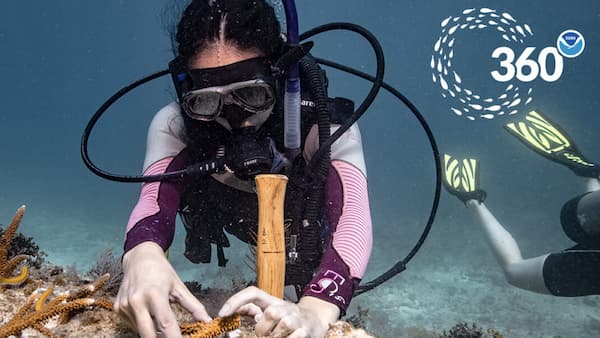
Florida Keys National Marine Sanctuary protects some of the most iconic coral reefs in the world, but corals are suffering from disease and other stressors. Fortunately, NOAA and our partners are working together to restore these critical coral reefs. Grab your snorkel (okay, VR headset) and help restore the reef by planting healthy corals that will grow into thriving colonies.
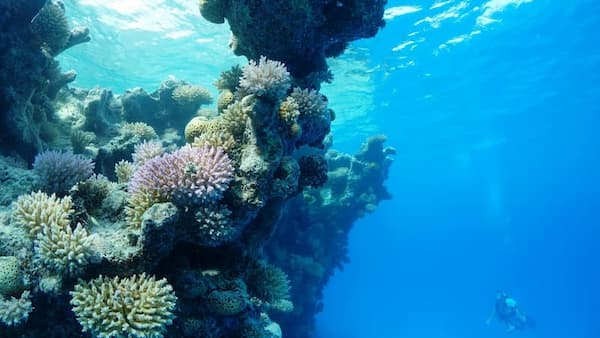
This section of infographics and printed materials features informative infographics, fact sheets, and other educational resources to visualize the ocean acidification process. Learn about the issue, current research efforts, and what you can do to help.
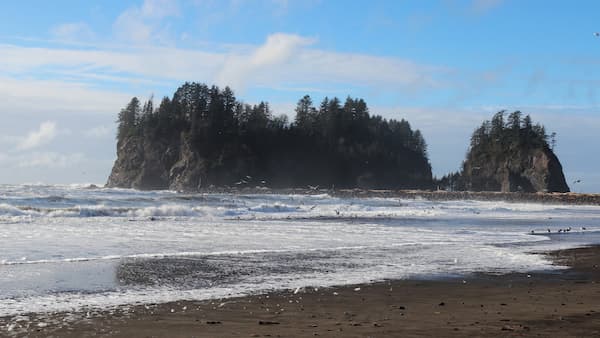
This page compiles top stories from sanctuaries across the United States to showcase scholars’ research, how different sanctuaries are adapting to our changing ocean, the importance of education, and species’ resilience to the increase in acidity.
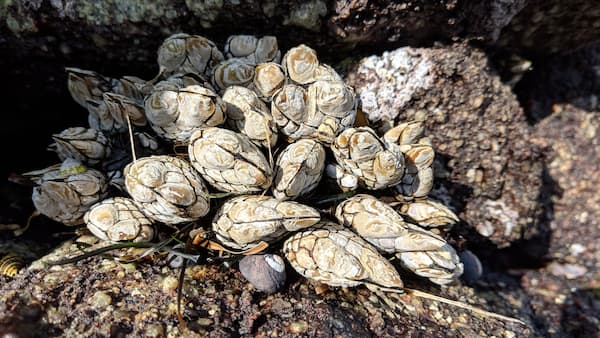
Explore NOAA's Ocean Acidification Program, which seeks to better prepare society to respond to changing ocean conditions and resources by expanding the understanding of ocean acidification, through interdisciplinary partnerships, nationally and internationally. Their page features their current projects, collected data, the program’s education and outreach efforts, and more.
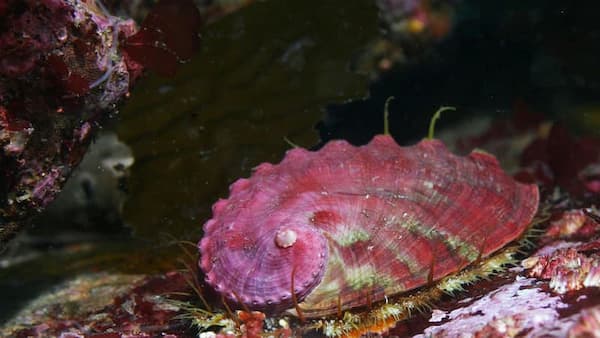
Want to learn even more about ocean acidification and what others are doing to help? Check out this section to see how sites and partners are adapting to this issue.